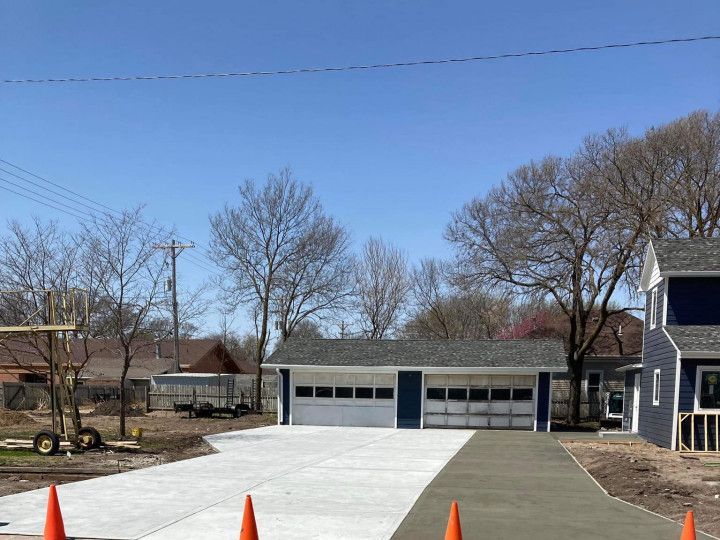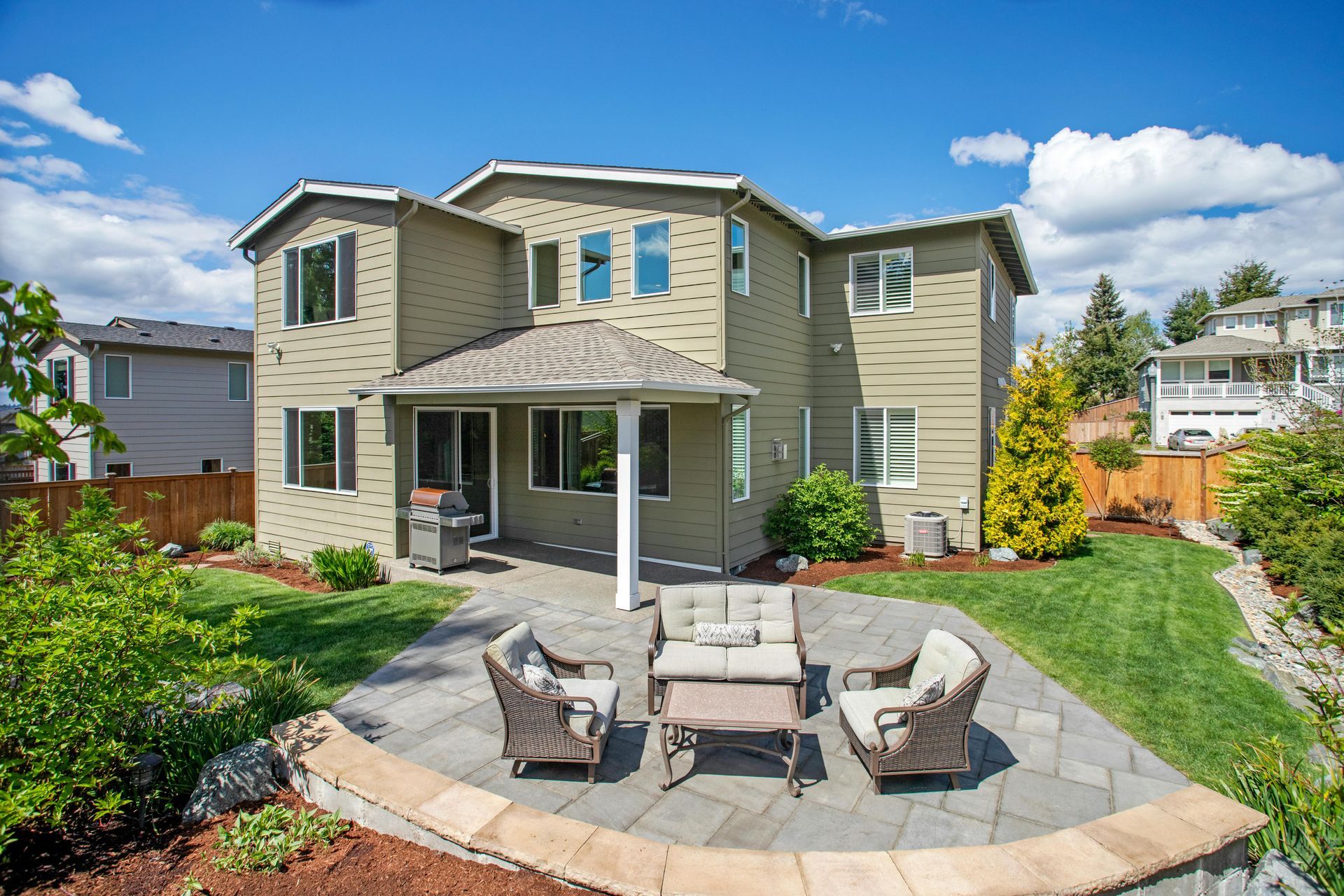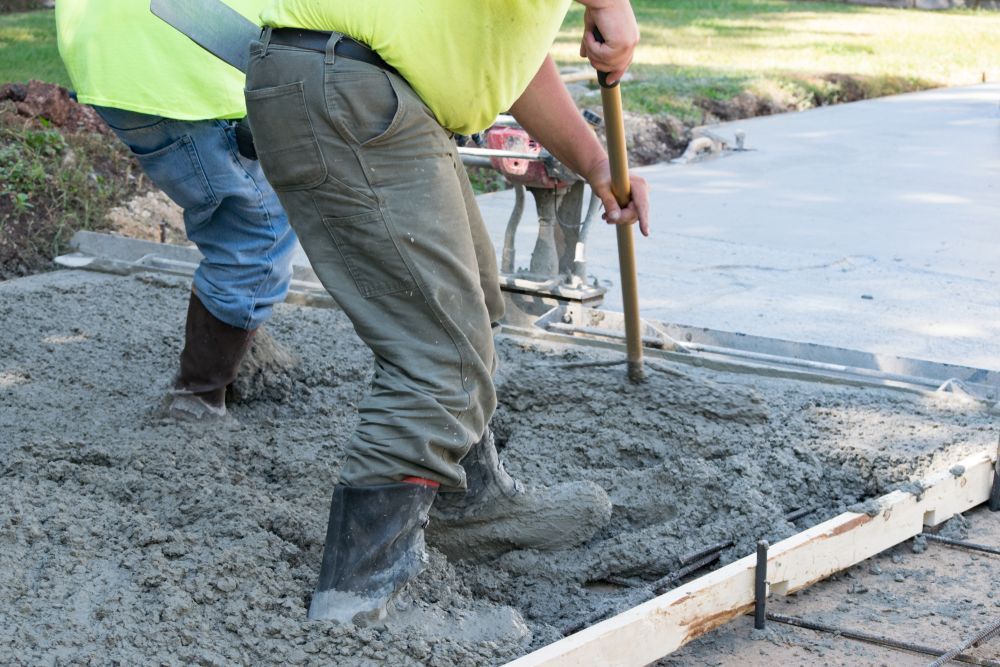Residential Concrete Contractor in Grand Island, NE
Whether it's driveways, patios, or walkways, our team is ready 24/7 to transform your home with durable, high-quality concrete solutions. Trust us to enhance your living space with the strength and beauty of concrete.
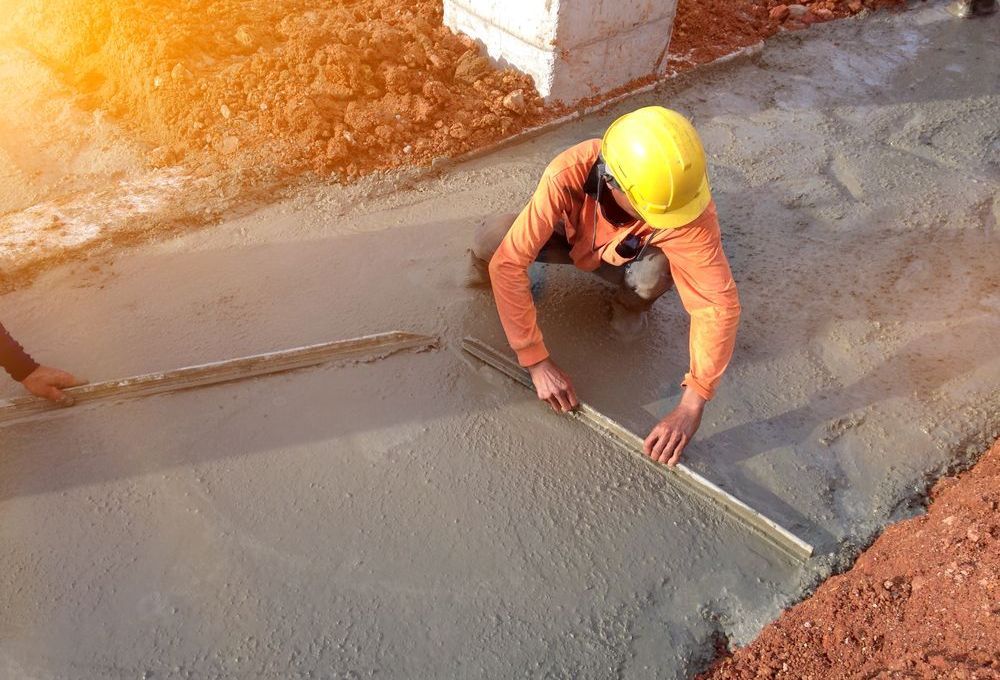
Elevate Your Business with Durable Concrete Solutions in Grand Island, NE
Enhancing Homes with Quality Residential Concrete in Grand Island, NE
Whether it's driveways or patios, our commitment is to quality and durability, with the convenience of 24/7 availability to serve you.
Elevate Your Outdoor Space with Retaining Wall Installation in Grand Island, NE
These walls not only prevent soil erosion but also add a layer of sophistication to your garden or yard. Imagine stepping outside to a beautifully tiered landscape, where every plant and pathway is perfectly in place. That's the beauty and functionality we bring to your home.
Upgrade Your Curb Appeal with Custom Concrete Driveways in Grand Island, NE
We craft custom concrete driveways that are built to last, offering a selection from smooth finishes to decorative stamped patterns. Our process involves understanding your vision, preparing the site meticulously, and using quality materials to ensure durability against weather and wear.
Create Your Backyard Oasis with Beautiful Concrete Patios in Grand Island, NE
Transforming your backyard into an oasis is what we do best with our concrete patios. Our patios are not only beautiful but also durable, ensuring a long-lasting retreat right in your backyard.
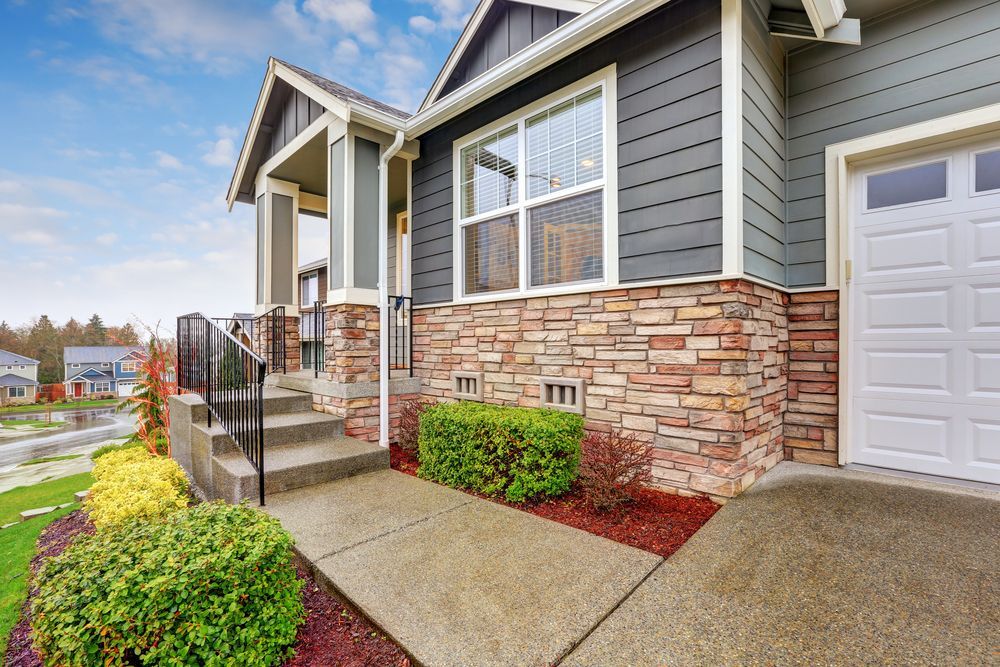
Enhance Your Home's Accessibility with Concrete Walkways and Sidewalks in Grand Island, NE
Our concrete walkways and sidewalks are all about enhancing your home's accessibility. We design paths that not only make navigating your property easier but also add to its charm.
Frequently Asked Questions in Residential Concrete Work
Ready to Transform Your Home with Concrete?
Let's bring your vision to life with our residential concrete services. Whether it's a new driveway, patio, or walkway, we're here to help.
Contact us today to discuss your project and how we can make a difference in your home.


